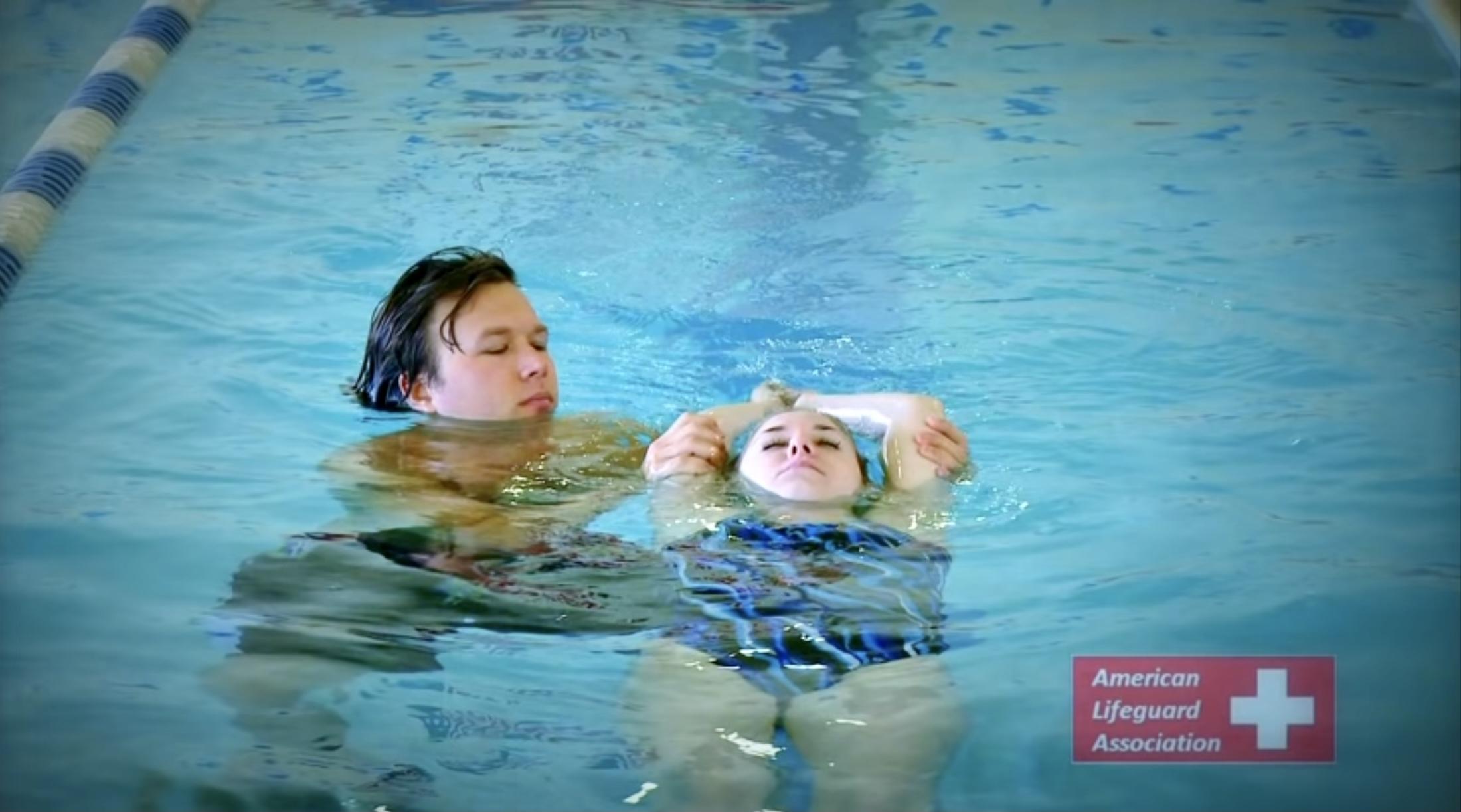Being a lifeguard is an important and rewarding job that allows you to help ensure public safety at pools, beaches, and waterparks. However, becoming a certified lifeguard is just the beginning – lifeguard courses through the American Lifeguard Association can help you gain valuable skills and qualifications that can significantly expand your career opportunities both within aquatic facilities and in other industries as well.
Develop the Skills Employers Want
When you complete lifeguard training with the ALA, you’ll learn far more than just basic water rescue and CPR. You’ll gain transferable soft skills that are highly desirable to all types of employers, such as:
- Leadership. As a lifeguard, you’ll be responsible for supervising public areas and taking control in emergency situations. You’ll learn how to take command, delegate tasks, and make difficult decisions under pressure.
- Situational awareness. Lifeguards must have excellent observation abilities and be aware of their entire surroundings at all times. This level of awareness and attention to detail is invaluable in many roles.
- Customer service. Part of a lifeguard’s job involves providing a safe and enjoyable aquatic experience for all patrons. The ALA’s lifeguard courses teach excellent customer service techniques like conflict resolution that can help in any public-facing career.
- Administrative skills. Lifeguards utilize record-keeping, report-writing, and database management skills on a regular basis. These transfer to office jobs with ease.
By completing lifeguard training, you’ll become a highly-qualified job candidate with an extensive skillset that can take your career in new directions.
Management & Supervisory Roles
With experience working as a certified lifeguard, many aquatic facilities offer opportunities for advancement into managerial and supervisory positions. For example, the ALA routinely works with facilities seeking:
- Head Lifeguards to oversee daily lifeguard operations and staff schedules.
- Aquatics Directors who manage entire aquatic departments, including budgets, programming, and ensuring proper safety protocols.
- Aquatics Managers with responsibility for a specific aquatic venue like a community pool.
Taking on these types of supervisory lifeguard roles can be an excellent way to gain valuable managerial experience in an environment you’re already familiar with. It also demonstrates leadership potential to help qualify for higher-level career paths.
Careers Outside of Aquatics
The transferable skills gained through lifeguard training don’t just apply to other aquatic jobs. In fact, many ALA lifeguards have successfully transitioned those skills into totally different career fields, such as:
- First responder roles like emergency medical technicians (EMTs), police officers, or firefighters. Lifeguards are essentially first responders and the ALa’s training can help meet certification requirements for these careers.
- sports instruction/coaching by applying lifeguarding abilities to teach and coach sports like swimming, diving, water polo and more. Many lifeguards find coaching careers fulfilling.
- Health education as the ALA equips lifeguards with CPR/AED and first aid knowledge applicable to positions in health education, non-profit work, and community outreach.
- Recreation leadership roles suited to the recreation, theme park, resort industries where lifeguards naturally excel due to experience ensuring fun and safety.
Lifeguarding lays the foundation for success in highly meaningful occupations. With ALA certifications on your resume, myriad exciting non-aquatic career doors can open after your time as a professional guard comes to an end.
Building Upon Basic Training
While entry-level lifeguard certification gives you the core skills for the job, supplemental training can broaden your qualifications and prospects even further. Some advanced options available from the ALA include:
Lifeguard Instructor and Lifeguard Courses Trainer
For those interested in sharing their love of water safety, becoming an ALA Lifeguard Instructor allows you to educate and certify new lifeguards. Instructor roles are in high demand and show leadership ability on job applications.
Aquatic Facility Management Training
Gain expertise in areas like risk management plans, maintaining aquatic venues, and legal compliance standards through the ALA’s specialized Facility Manager program. These are crucial skills sought by pool owners and community recreation departments.
Waterfront Lifeguard Certification
Expand your certification to cover lifeguarding at beaches, lakes and non-traditional aquatic environments through the ALA’s rigorous open-water certification process. Waterfront facilities always need qualified open-water lifeguards.
Specialty Certifications
The ALA offers extra credentials for lifeguards specializing in areas such as adaptive aquatic programs, surf lifesaving, age-group swimming, dive rescue and more. Specialization helps you qualify for more niched aquatic jobs.
Taking your training further positions you for advanced opportunities to lead, teach and oversee within aquatics or transfer those expanded skills to new industries like Parks & Recreation entirely. The ALA has your next steps covered.
How to Get Started
Enrollment in ALA lifeguard courses is offered year-round at locations nationwide. Here are the basic steps to begin your career:
- Check the American Lifeguard Association website for upcoming open enrollment course dates near you. Lifeguard Courses usually require only a few weeks to complete.
- Submit your application including proof of age, swim skills and any pre-requisites, along with the registration fee to secure your spot.
- Prepare for the emergency response, CPR/AED and swim testing required for certification. The ALA provides thorough practice materials.
- Attend all scheduled in-water and land sessions taught by ALA-certified lifeguard instructors.
- Upon successful completion, receive your official ALA certifications and start your new career as a lifeguard immediately.
- Consider advancement opportunities like becoming a lifeguard instructor or adding specialized credentials later on.
The ALA will guide you through affordable, high-quality training to launch your lifeguard career and help maximize your future success in and out of the aquatic field. Start enhancing your opportunities – apply for a lifeguard course near you today! Read more informative article click here.
Final Opinion
By choosing to become a certified lifeguard, you’ll gain invaluable leadership experience, customer service abilities, and an extensive professional network within the aquatics industry. Most importantly, the ALA helps build the very transferable soft skills that all employers desire like strong communication, level-headed decision making under pressure, and a drive to protect public wellness.
So don’t hesitate to enroll in the next available lifeguard course near you. I guarantee the ALA’s time-tested training methodologies will do far more than just teach you how to save lives – they’ll save your career by opening countless new doors of opportunity for growth. Become a part of our nationwide network of certified lifeguards today and let the ALA take your career further than you ever imagined!






